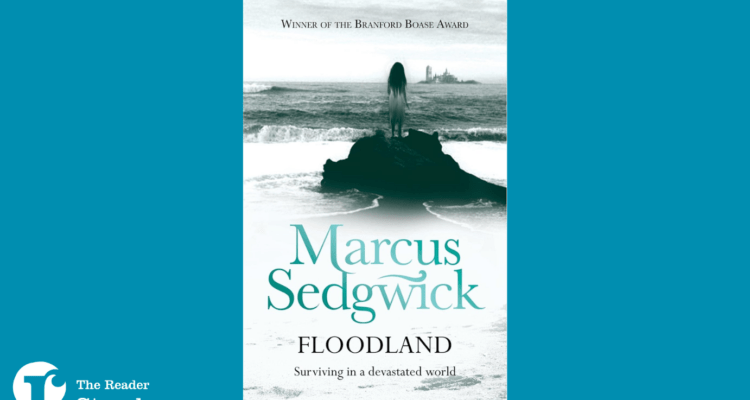Featured Poem: Song by Christina Rossetti
This week's Featured Poem is 'Song' by Christina Rossetti, chosen by The Reader's Learning and Quality Leader, Natalie Kaas Pontoppidan.
This week’s Featured Poem is Song by Christina Rossetti. A poem which spoke to me straight away. Let’s go in!
I'm instantly moved by the first two lines:
‘When I am dead, my dearest,
Sing no sad songs for me;’
It’s not ‘if I die’ as people sometimes say when it seems more comfortable to think about death as something that might or might not happen. In this poem it is full-on: ‘When I am dead’. There’s a certainty – even confidence – in this statement. It makes me wonder where the ‘I’ is in hers or his life? Is it a person who’s dying? Or is it more general than that? ‘Sing no sad songs for me’. Why particularly sad songs? And how about the roses and the shady cypress tree? From these first four lines, I get the feeling that the ‘dearest’ almost receives a guide on how not to grieve.
The colon that follows puzzles me. I always find it interesting to ask group members what they get from these tiny and easily overlooked symbols. After the colon it says:
‘Be the green grass above me
With showers and dewdrops wet;
And if thou wilt, remember,
And if thou wilt, forget.’
I love that it is be as opposed to sing or plant! It suggests to me that grief is not something that is done, for the dead even, it’s simply, but painfully a continuation of your own being despite the loss. Furthermore, the fact that it’s the dearest that must live on ‘above’ the dead intrigues me. Which worldview are we getting from this? I like how the last two lines in the first verse allows for the dearest to move on the way he or she wants.
Guilt can be a byproduct of grief and loss: did we make the first anniversary of the passing special enough? Did we find a new partner too soon? Do we manage to have whomever we lost and loved with us in our everyday life? But when I read these last two lines in the first verse I feel like they delete all of those anxieties.
Where the first lines in the first verse seem to be saying ‘you shall not’, the first lines in the second verse seem to mirror that, but with the difference that it is ‘I shall not’. What follows is ‘see’, ‘feel’, ‘hear’ – what do we make of that? How might it feel to know that you’ll soon no longer be able to sense the world?
And how about the things he or she actually mentions? I’m especially interested in this nightingale! Is that the one who sings on? And if so, what do we get from ‘as if in pain’? I like that the I, although dead, will still be ‘dreaming through the twilight’. What does this last bit make us think? Why ‘Haply I may remember’? Which kind of afterlife is this?
As previously mentioned, I find that this poem offers me quite a bit of relief in the midst of pain. It is as if a passed loved one is saying to me: ‘I am okay, don’t worry about me, you’re ok to return to your life instead.’ As I am writing this, I can’t help but feel that although I say it’s a relief, it also makes me sad. I’m not really sure why. Perhaps it’s because the connection or the love seems so temporary. I’d be really interested in hearing from my group members how the poem translates to them and what it makes them feel.
Song
When I am dead, my dearest,
Sing no sad songs for me;
Plant thou no roses at my head,
Nor shady cypress tree:
Be the green grass above me
With showers and dewdrops wet;
And if thou wilt, remember,
And if thou wilt, forget.
I shall not see the shadows,
I shall not feel the rain;
I shall not hear the nightingale
Sing on, as if in pain:
And dreaming through the twilight
That doth not rise nor set,
Haply I may remember,
And haply may forget.
by Christina Rossetti
Would you like the opportunity to read this or other poems in a Shared Reading group?
If you like the idea of listening along to a story or poem, why not come along to a Shared Reading group? We run groups across the UK, you can find one near you here.
If you can’t find a group in your local community, why not help us bring Shared Reading to your area by becoming a volunteer?
Share
Related Articles

April’s Monthly Stories and Poems
The clocks have not long changed to herald the longer hours of daylight, making us consider the passage of time…

The Storybarn Selects… From The Reader Bookshelf
Our last deep dive into the 2023/24 Children and Young People's Reader Bookshelf is a review of Floodland by Marcus Sedgwick…

March’s Stories and Poems
March’s stories, extracts and poems have been chosen on the theme ‘Moving on’, which perhaps feels especially relevant as we…


